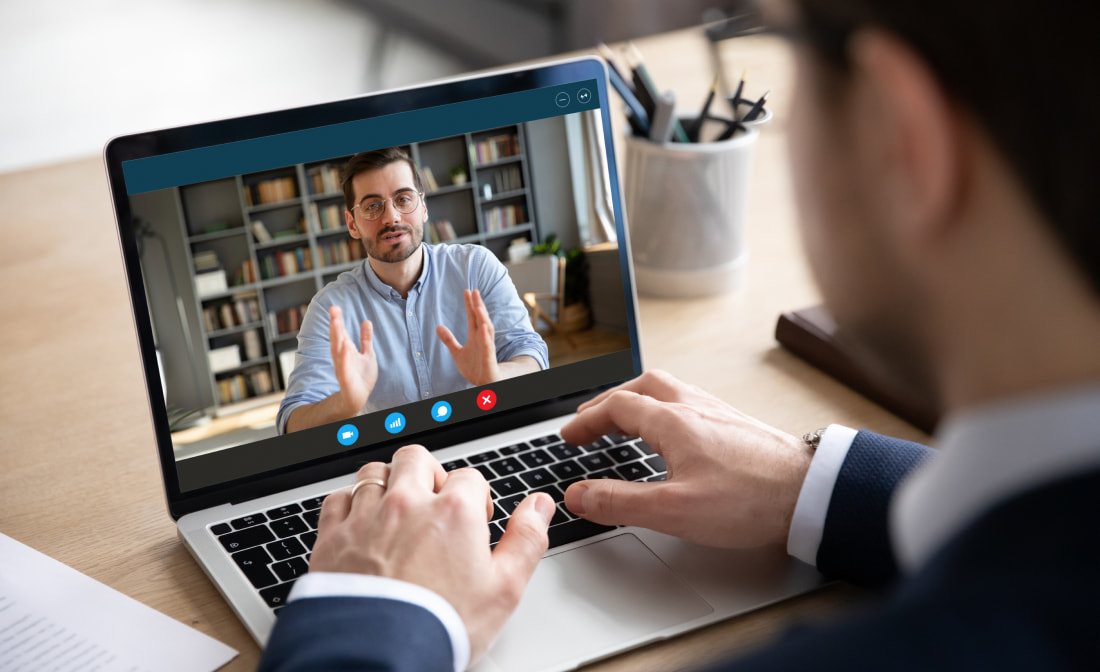Customer development is crucial for improving the product and tailoring it to the real customer's needs. The best way to know the pains, tasks, and goals of a customer is to go and ask. However, in the B2B segment, things are often not that simple.
To collect valuable and, more important, actionable insights, you have to prepare for every interview and have a clear plan. Here is how to make the max off customer development interviews in B2B.
1. Establish the contact firstSure, you are here to collect some valuable data to act upon. However, this does not mean you need to rush to your goal. Start the interview with something positive to make contact and win the sympathy of the person you're interviewing. Thank him or her for, say, filling in the Google forms and accepting an invitation to go through the interview. Also, it is a good idea to say how you will analyze collected information and use it.
It is essential to give some insights into how this work will benefit the customer and the company and help them optimize business processes and accelerate results. Note that the probability of success here is directly connected to the quality and depth of answers collected throughout the interview.
2. Dig to uncover hidden painsA good customer development interview gives you insights into problems your customers face using the product and not using it. So, even if the person you are talking to says that they are right and there are no problems, you still need to dig. Every business has pains, and your goal is to uncover them.
Sure, employees and even management may not even realize the problem persists. But this does not mean they can't tell you something that will help you find the flaw. So, ask about their business processes, the most pleasant and unpleasant parts of the work, what takes more time. Answers to such questions will help you to identify things that can be improved.
3. Stick to the planTo get the most out of the interview, you should have a plan. Even better, an interview script with a list of questions. This will help you to compare answers and speed up the analysis afterward.
Sure, while it is not necessary to ask every person all questions, your list should include topics that can't be avoided. So, even if you feel that the person you are interviewing does not show a great interest in a particular case, you know it is essential for your goals; ask these questions anyway.
4. Move step by stepYour goal is to get high-quality data, so you need to be careful. Ask one question at a time because if you ask more than one at once, the person will answer the one they prefer. This may lead to gaps and wasted time.
Another great tactic here is to "parrot the answers," meaning you should repeat the answer to the prospect to validate it. Like, "So, you say that this business process works like..." This will show your interest and encourage the interviewee simultaneously eliminating any possible misunderstanding.
5. Don't push, adapt and reactOne of the most common mistakes made at customer development interviews is to validate your thoughts by pushing the prospect in the desired direction. This is a bad thing to do, as you are here to listen to feedback and collect insights, not validating something right away.
This is why you should not define the answer's direction and push prospects to a specific response. Also, don't judge and show that you don't like a reply or disagree. This will demotivate the prospect and lead to low answer quality.
6. Avoid "yes/no" and too vague questionsHigh-quality questions are crucial to success. So, polish them to ensure there is no probability of answering just "yes" or "no." Use Who, what, when, where, why, and how questions, as they are open and will force the prospect to share more info.
Another critical thing is to ensure questions are specific enough to give a high-quality answer. This means you should avoid vague questions like "how it usually goes" and instead focus on discussing some examples of how it was last time (i.e.)
7. Be on the same page with your prospectTo melt the ice, you need to be as close to the prospect as possible. This means no judging, careful listening, and using a specific vocabulary.
Try to avoid marketing slang like "buying criteria" or other terms that might confuse the person. Ask questions the way everyone will understand. For example, "what is the most important for you while choosing the software?"
8. Form a teamYou can increase the effectiveness of an interview by inviting a partner. A two-person team is more effective and less likely to miss important insights. For example, you can conduct an interview and ask questions while your partner will take notes. Also, the bigger teams often seem more credible and legit, leading to higher answers.
However, try not to enlarge your team too much. Two team members for one prospect is enough. More people will impose additional pressure and intimidate participants.
